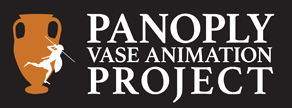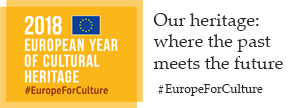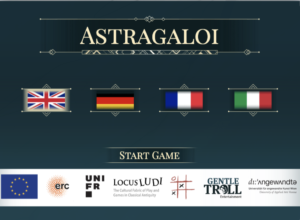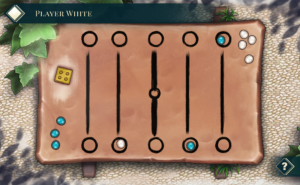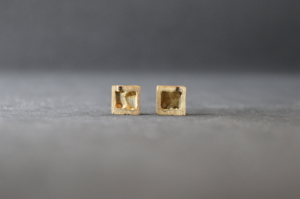Locus Ludi: Project summary
Locus Ludi intends to provide a benchmark by reconstructing the history of the ludic culture in the Greco-Roman world. The project will identify, categorize and reconstruct ancient games thanks to close philological, historical, archaeological, and anthropological studies. The research will generate a new vision of the cultural fabric of ancient society, provide models for training and research in related fields, as well as up-to-date material for schools, museums, and libraries. Understanding the educational, societal and integrative role of play in the past is important to understand the present and widen the debate on high tech toys and new forms of sociability.
Play with us!
Come and test our reconstructed games: Pente grammai – Alea / XII scripta – Three-men Morris – Ludus-latrunculorum.
Hide and seek with Locus Ludi
[popup_trigger id=”3103″ tag=”button”]Read more[/popup_trigger]
Check out our Facebook blog and the designers’ blog, Panoply.
NEW: Palamedes Games master by Panoply and Edwan‘s music. Exhibition “from Board to Boardgame” at the Swiss Museum of Games 10.02.2024-06.01.2025
More about Games and maths for schoolchildren
Cheating in Roman Games. The Mercury Die
© Photo Th. Daniaux. Documentary made by D. Pierson et J-Y. Legendre (TVLux). See also the interview in Alma &George (15.09.2023)







